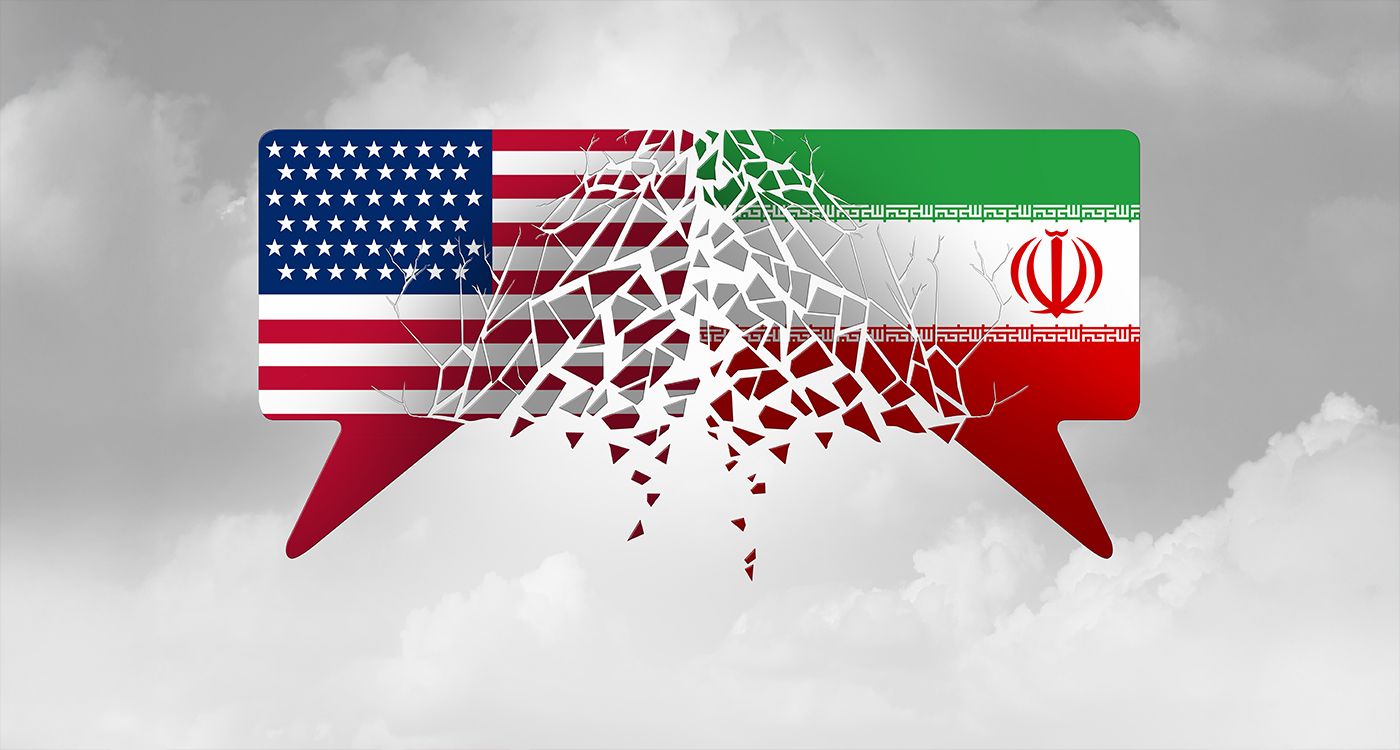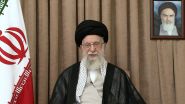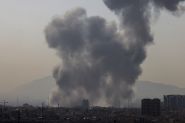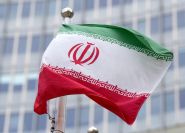- Home
- Middle East
- Conflicting Strategies Loom Over US-Iran Nuclear Talks in Oman

©shutterstock
The United States and Iran are gearing up for crucial discussions concerning Iran's nuclear program, scheduled to take place in Oman on Saturday, April 12. However, these meetings are already complicated by differing approaches; President Trump advocates for direct negotiations, whereas Iranian officials are firm on pursuing indirect talks mediated by a third party.
The upcoming discussions will focus on Iran's nuclear capabilities and the potential lifting of sanctions. President Trump has warned sternly: "Military action may ensue if an agreement is not reached." This meeting is particularly significant as it marks the first direct negotiations since the US withdrew from the 2015 nuclear agreement during the Obama administration.
While Iran insists that its nuclear pursuits are for peaceful purposes, Western assessments indicate that the country has amassed substantial highly enriched fissile material that could be weaponized. A new agreement would likely demand considerable concessions from Iran regarding its nuclear program and a clear timeline for any sanction relief. Furthermore, domestic economic pressures may greatly influence Iran's negotiating stance.
The discussions in Oman will be led by Iranian Foreign Affairs Minister Abbas Araghchi and US Special Envoy Steve Witkoff. Despite President Trump's emphasis on a direct negotiation format, Iranian Supreme Leader Ali Khamenei has consistently rejected this method, prompting Araghchi to declare that the conversations will be "indirect." Reported US demands include limitations on Iran's uranium enrichment, curbing support for militant proxies and placing restrictions on drone and missile development. Senior US officials are pursuing a deal aimed at dismantling Iran's nuclear program entirely — a proposal that Iranian officials have deemed unacceptable, arguing that compliance would severely undermine Iran's regional tactics and deterrence capabilities.
Meeting Not Negotiation!
The US State Department has classified the upcoming interactions as "not a negotiation." Spokeswoman Tammy Bruce emphasized, "This is a meeting that's happening, right? On Saturday, there's a meeting. There's no negotiations." In contrast, Iranian officials confirmed that high-level "indirect talks" will take place over the weekend in Oman. Bruce reiterated Trump's stance, asserting, "Iran will never have a nuclear weapon," and added, "You can strike a deal with the president, you can negotiate, or there will be hell to pay."
Iranian affairs researchers in Washington indicate that Iran is conducting an information campaign suggesting alignments with some US demands. They point out that Iranian officials have asserted distancing from various proxies within the Axis of Resistance, including the Houthis and Iraqi militias. Experts note this aligns with Iran's historical pattern of denying allegations of support for its proxies despite evidence such as documented violations of the UN arms embargo regarding Yemen.
Moreover, researchers from the Institute for the Study of War in Washington report that, simultaneously, Iran is collaborating with China and Russia on nuclear matters as discussions with the United States approach. Iranian Deputy Foreign Affairs Minister Kazem Gharibabadi recently met with officials from China and Russia in Moscow to discuss nuclear issues and potential sanctions relief. The three nations issued a joint statement emphasizing their collaborative approach and condemned the US’ "maximum pressure" strategy. However, the specifics of what Iran aims to gain from this partnership and how China and Russia will support Iran amid US sanctions remain unclear. Notably, China's position as a permanent member of the UN Security Council allows it to potentially block resolutions against Iran, and it continues to be the largest importer of Iranian oil, facilitating Iran's efforts to evade US sanctions.
Diplomacy or Deterrence?
Tehran increasingly views its nuclear program as a critical strategic deterrent, particularly as its other military capabilities — such as ballistic missiles and support for Hezbollah — are considered less reliable. Recent comments from Iranian officials suggest a potential reassessment of their long-standing commitment to abstaining from weapons of mass destruction, which may indicate a shift in their regional strategies and complicate the dynamics of upcoming negotiations.
Experts indicate that while Iran likely has the technical know-how to construct nuclear bombs, it would still require additional time to develop effective warheads. The implications of President Trump's approach carry significant weight for American foreign policy, regional stability and global security. David Ignatius highlights that Trump's views on the nuclear agreement with Iran articulated during a press conference with Israeli Prime Minister Benjamin Netanyahu, mark a transition toward diplomacy rather than military engagement. This American strategy diverges from previous tactics, emphasizing diplomatic dialogue even as Israel pushes for a "Libya-style" deal aimed at completely dismantling Iran's nuclear capabilities.
Read more




Comments